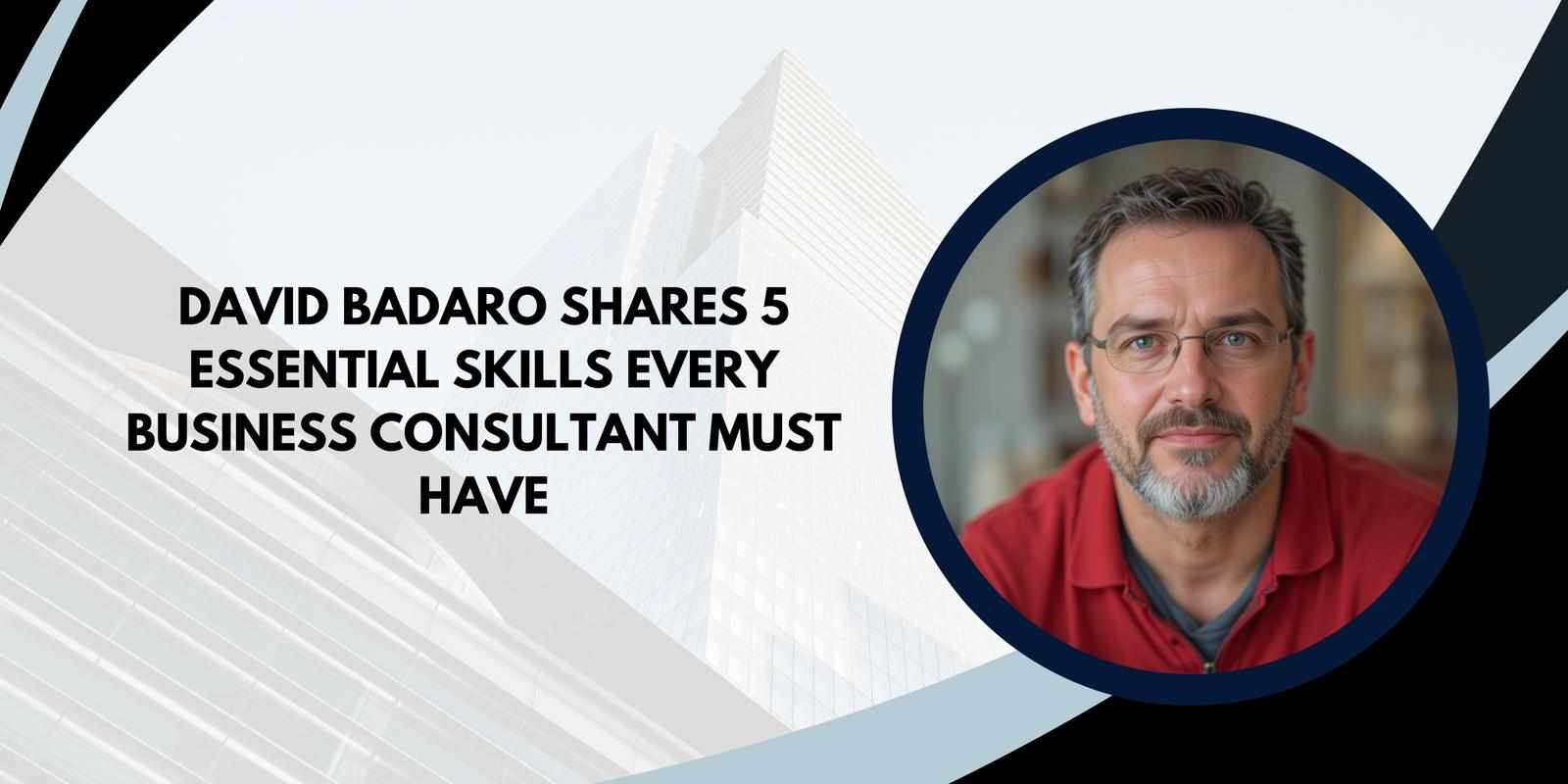
David Badaro based in Canada, a seasoned business consultant with extensive knowledge of strategic expansion and organizational balance, has worked for years assisting companies in maximizing operations, enhancing leadership relationships, and realizing sustainable prosperity.
Whether working with startups, multinationals, or family-owned businesses, a consultant has to have the right combination of analytical mind, interpersonal skills, and strategic vision in order to leave a lasting mark. David Badaro shares five skills every consultant needs in order to not only excel as a consultant but also deliver true value to the businesses they are consulting for.
1. Active Listening
Good consultants don't only listen; they hear. Active listening is about really getting a client's problems, reading between the lines, and asking the perfect questions. It's being present in all conversations, picking up on the nuances, and empathizing with the client's issue. When you actively listen, you pick up on more nuanced ideas and can create solutions specific to the client's requirements, building confidence and more professional relationships.
2. Problem-Solving Mindset
Companies don't hire consultants to identify problems; they hire them to solve them. You must come at problems with a solutions mindset. That is, analyze information, find root causes, and create meaningful action plans. A good consultant doesn't get hung up on barriers but comes up with creative ways to get around them. It's about being proactive, thinking forward, and being one step ahead of possible impediments before they occur. The finest consultants don't only point out problems—they provide solutions, so businesses can progress with certainty and purpose.
3. Adaptability
Every company is different. Adaptability entails adapting your method according to the company's sector, culture, and needs. Whether with a technology startup or an old-line manufacturing company, your capacity for change and adjusting solutions will determine your success. A consultant unwilling to adapt or follow a blanket solution will have a difficult time making significant differences. Flexibility also involves being current with industry developments, cutting-edge technologies, and changing market requirements. The more open and accommodating you are, the more prepared you'll be to meet unforeseen challenges. Real flexibility is not only about responding—it's about anticipating and preparing clients for success in the long run.
4. Strong Communication
A consultant's worth is in their capacity to communicate ideas effectively. You need to simplify complex ideas into easy, actionable information. Clear communication makes the client not only comprehend the strategy, but also be assured of implementing it. It's not so much what you're saying, but how you say it—tone, clarity, and delivery are all part of engagement. Presenting to executives, communicating to employees, or reports, effective communication creates trust and facilitates change.
5. Relationship Building
Consulting at its foundation is human. Establishing long-term relationships builds trust and credibility. Good relationships create stronger collaboration, open communication, and a deeper insight into a client's real needs. Clients prefer working with one who not only offers solutions but also cares about their long-term success. If you care about your clients' success, they are more likely to execute your advice and refer others to you.
Conclusion
Business consulting success is not just about having expertise—it's also about becoming a master of the key skills that make an impact. As David Badaro puts it, a great consultant must be more than tech-savvy; the skills required include active listening, problem-solving, flexibility, effective communication, and building relationships. Not only do these skills enable consultants to offer valuable solutions, but they also build trust, credibility, and long-term success for both them and their clients.

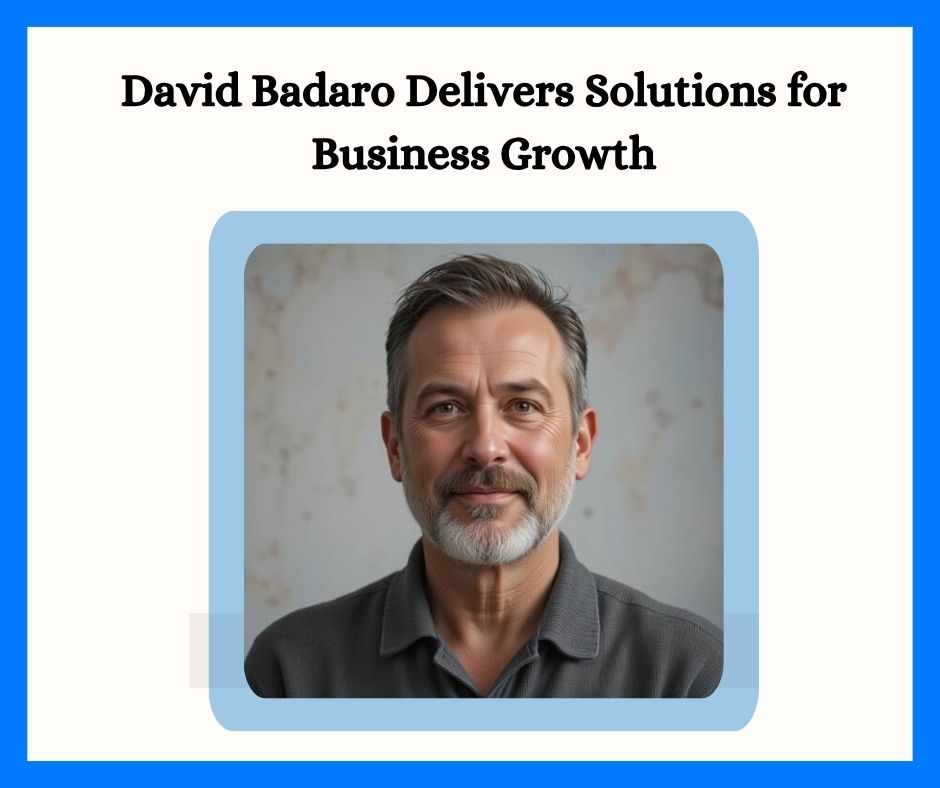
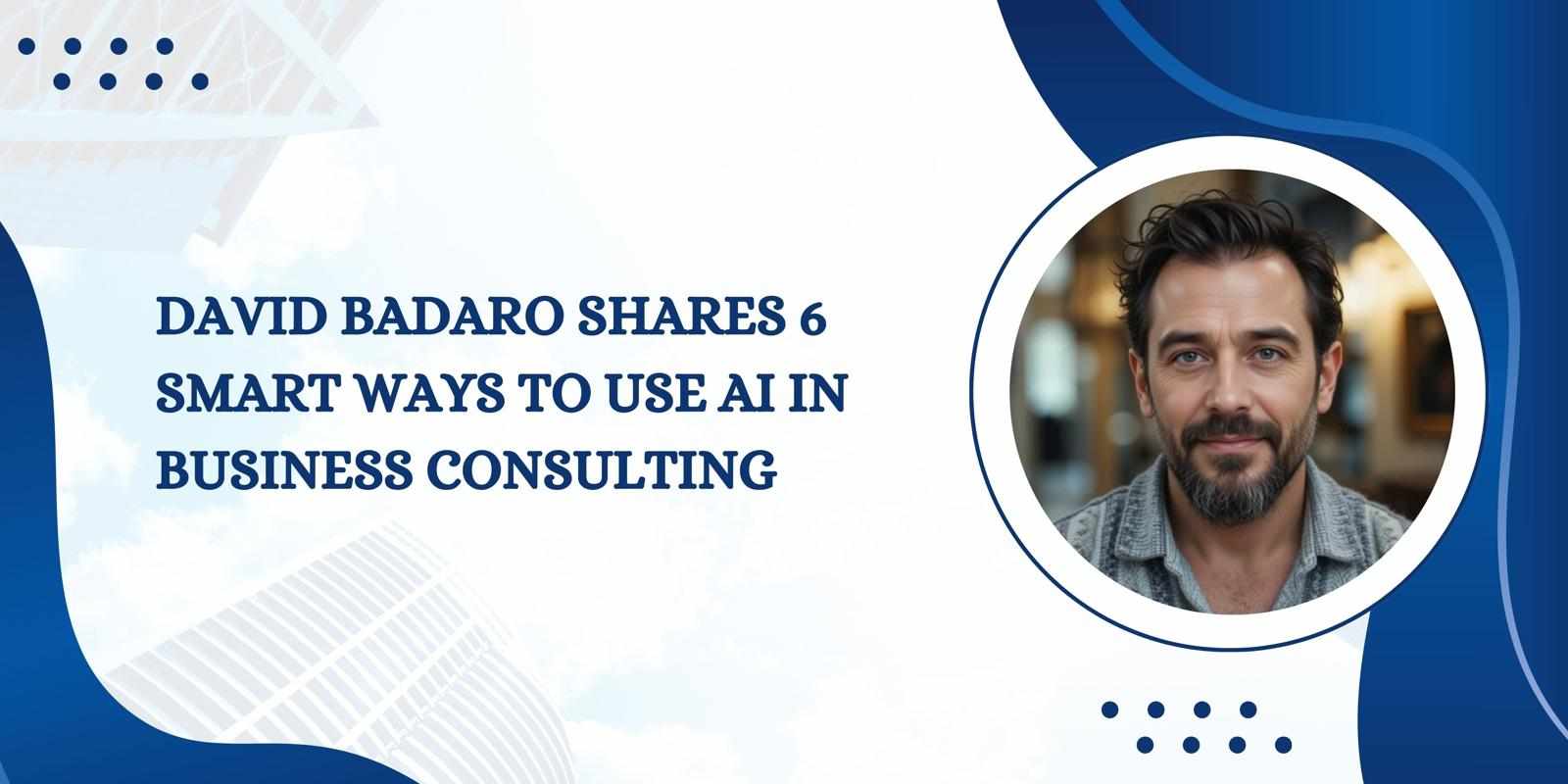
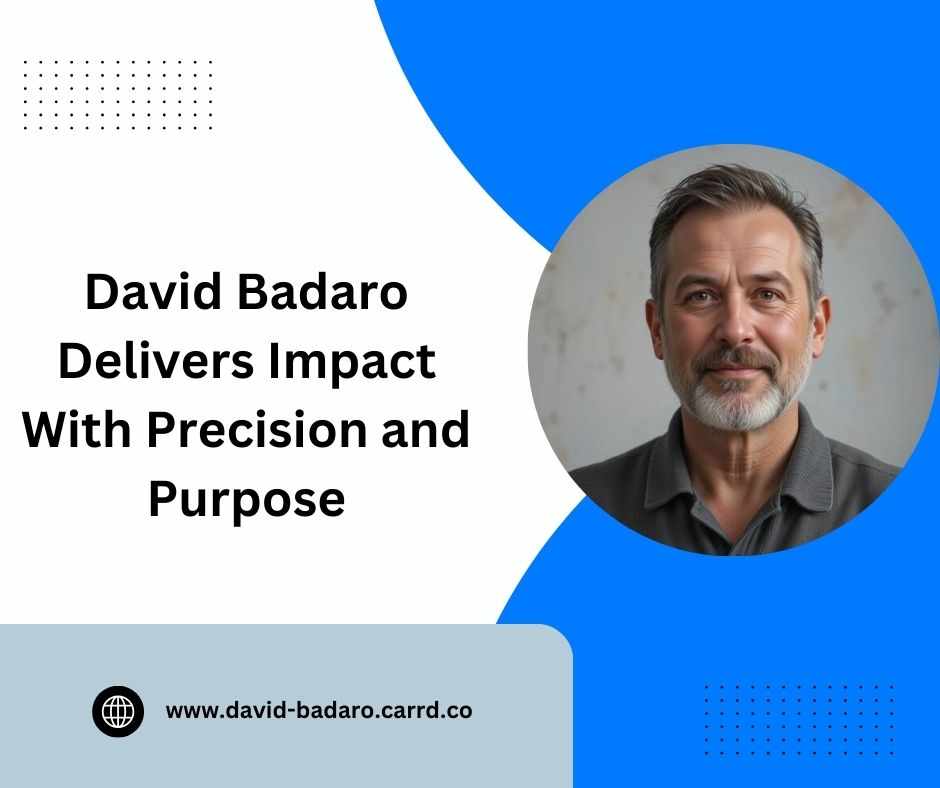
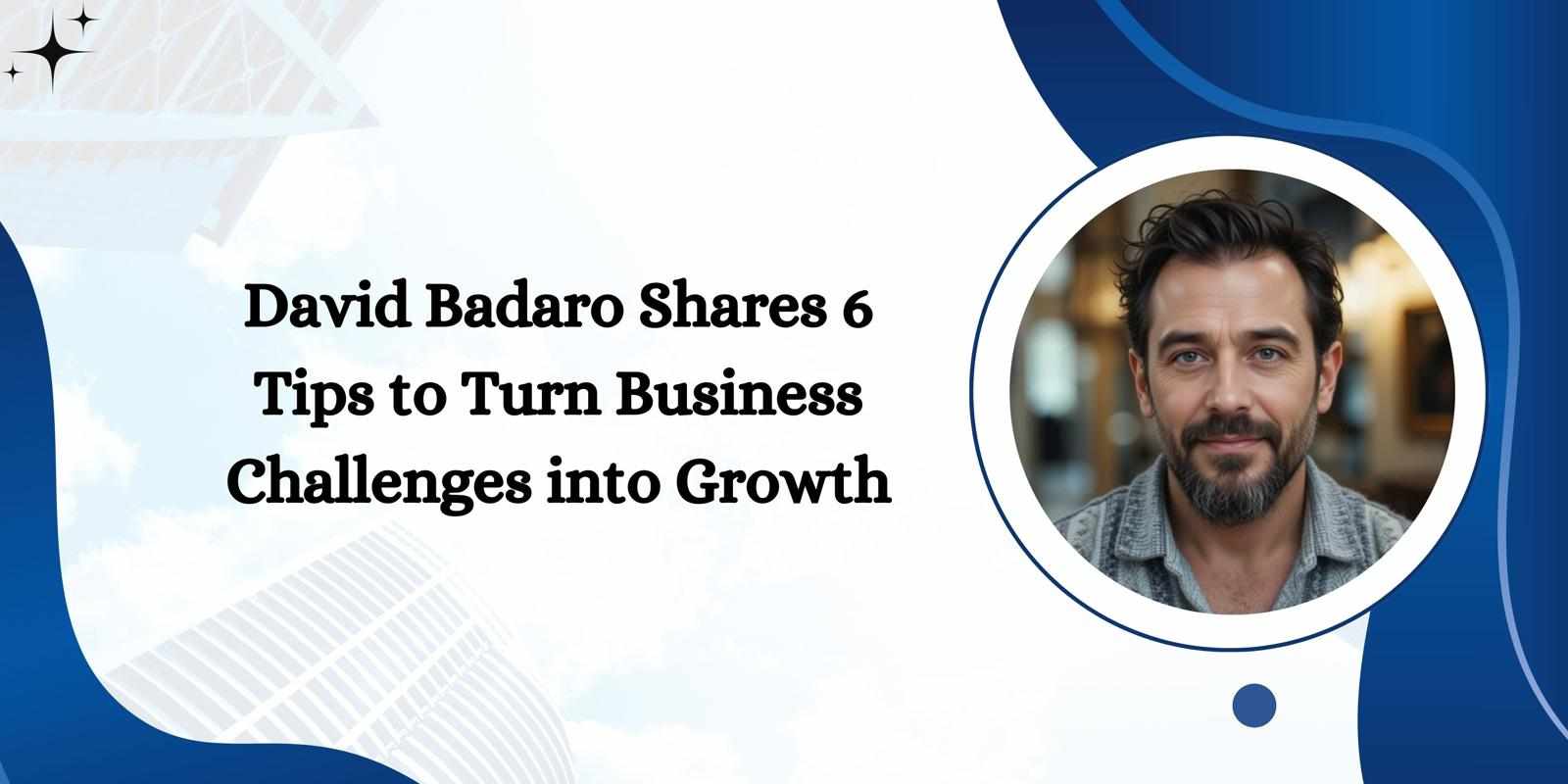
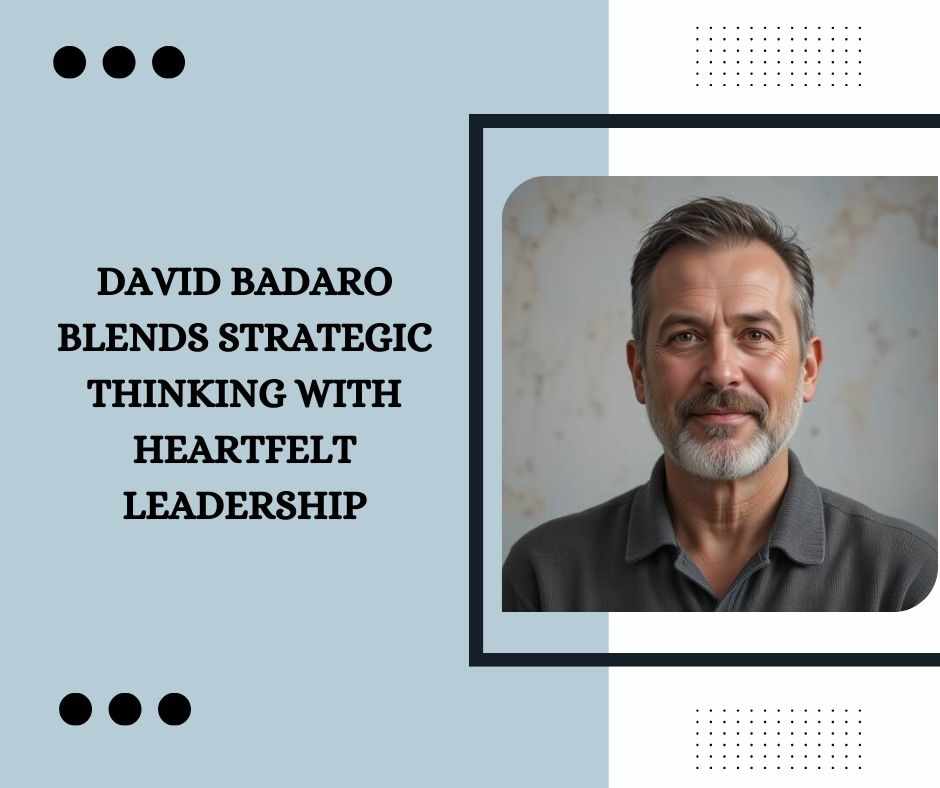
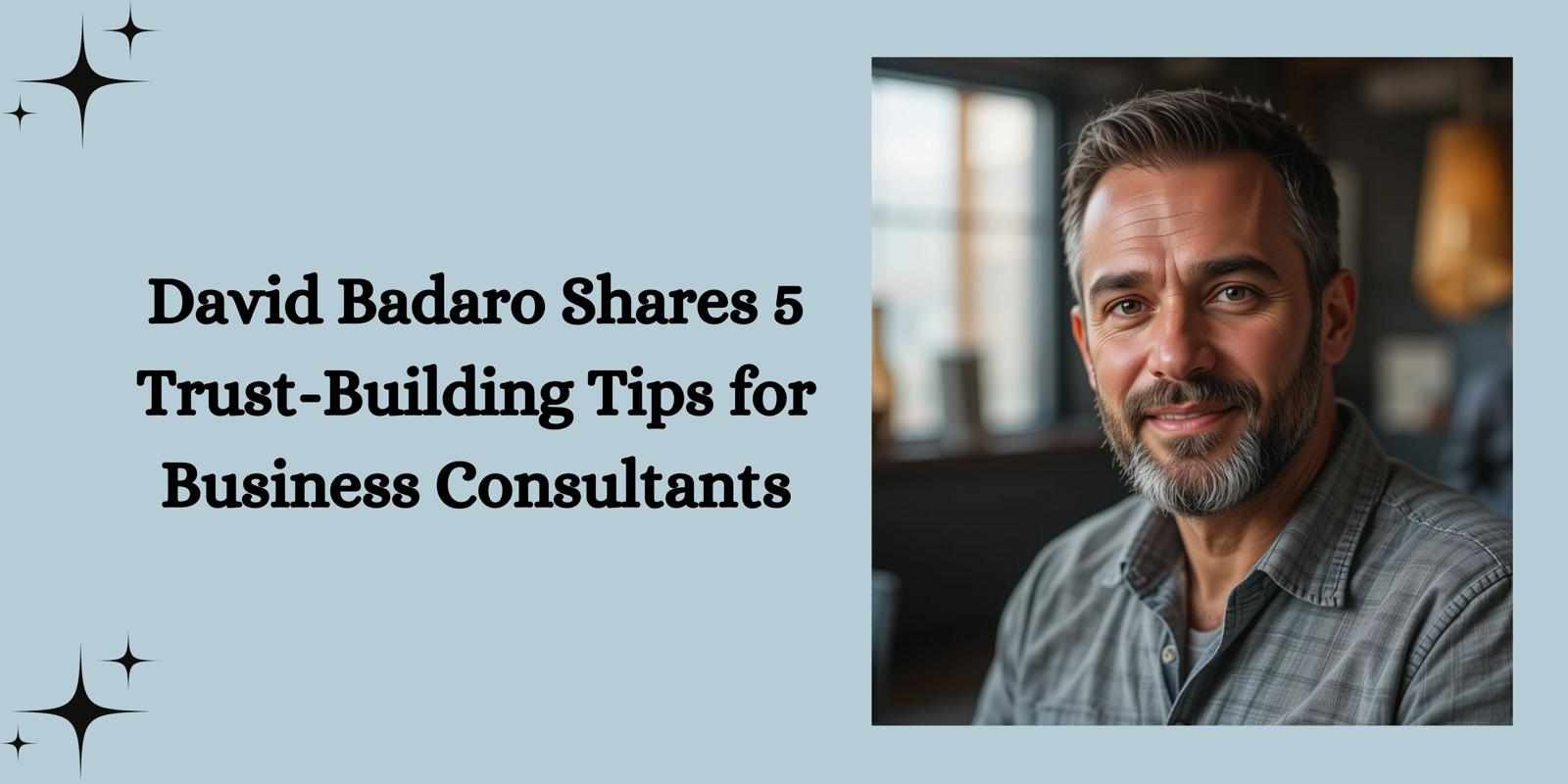
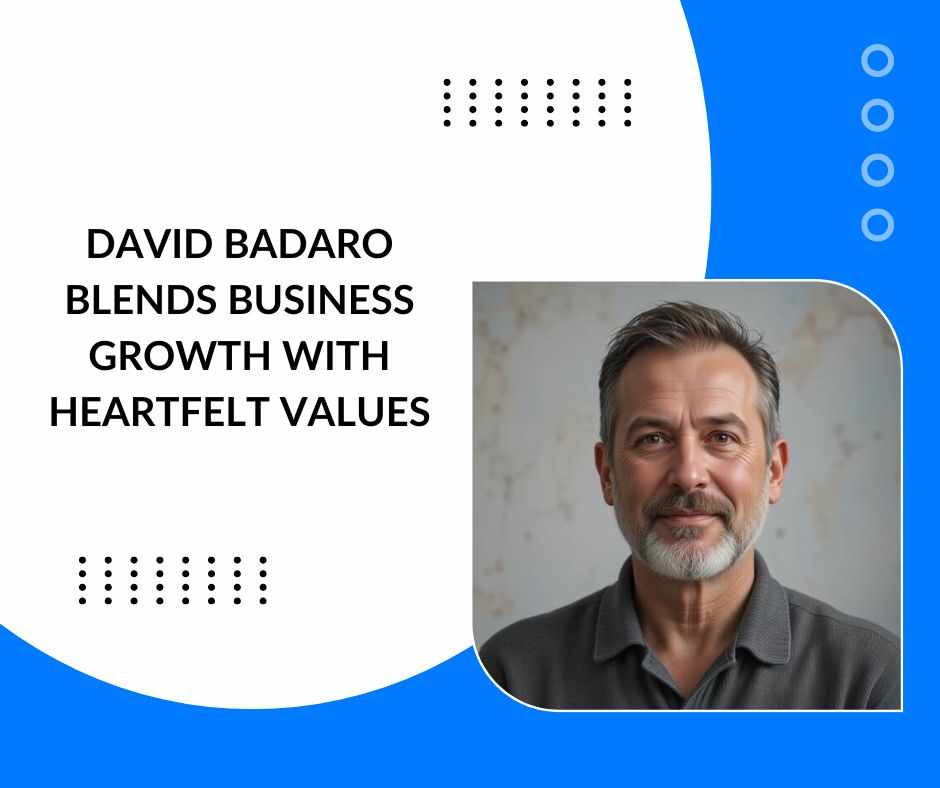
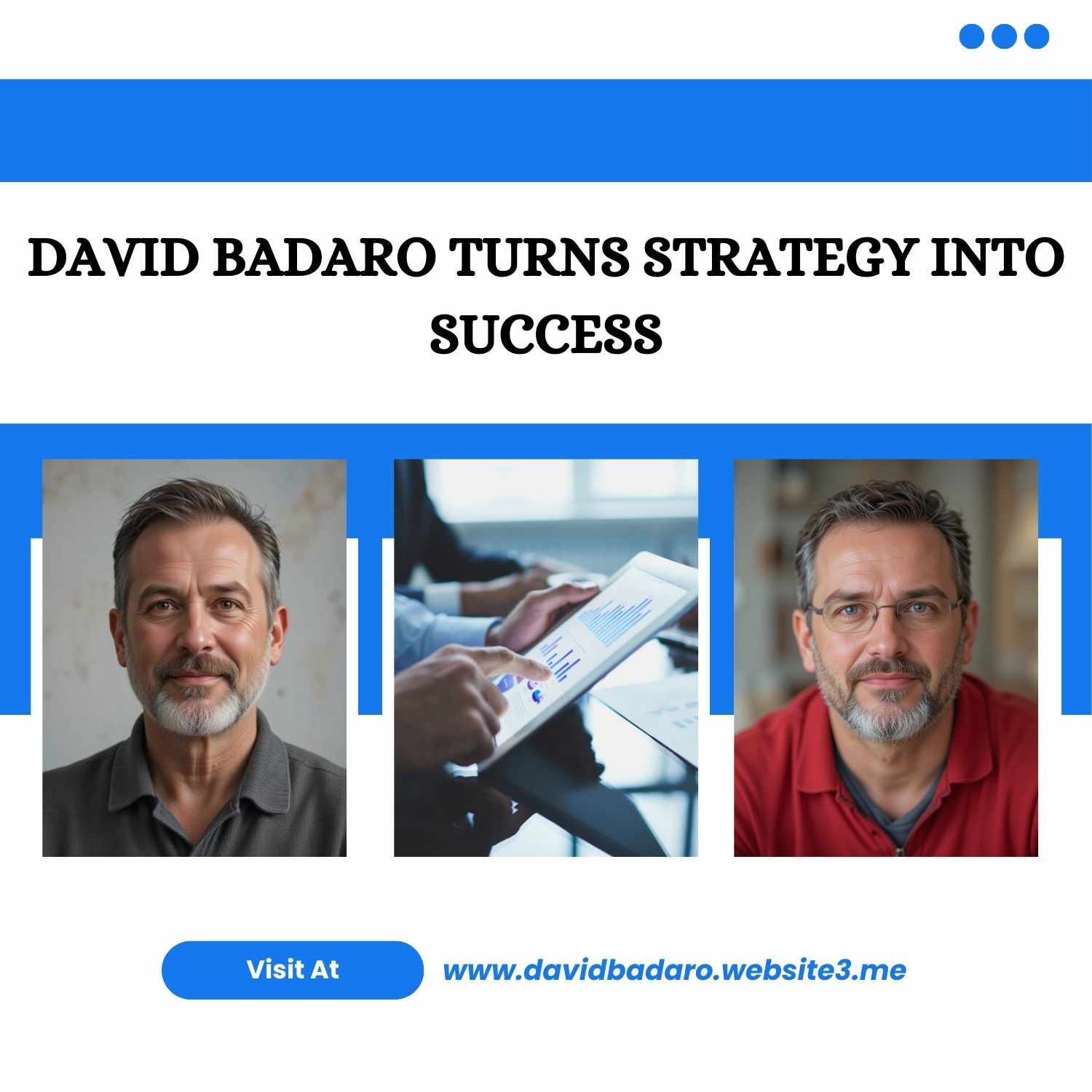

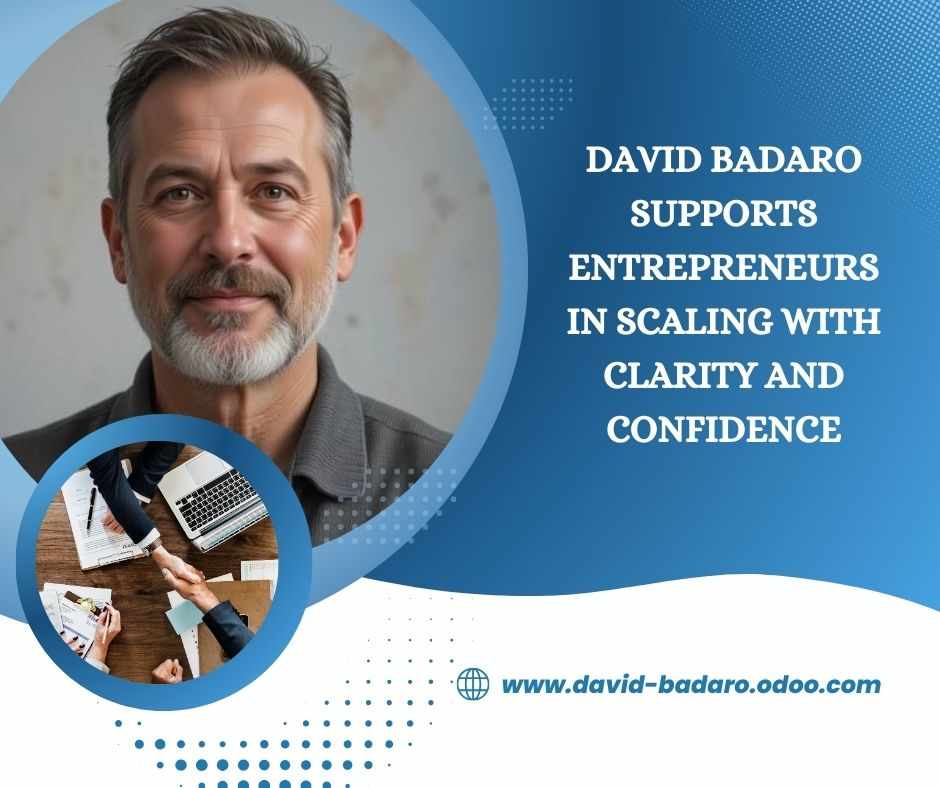
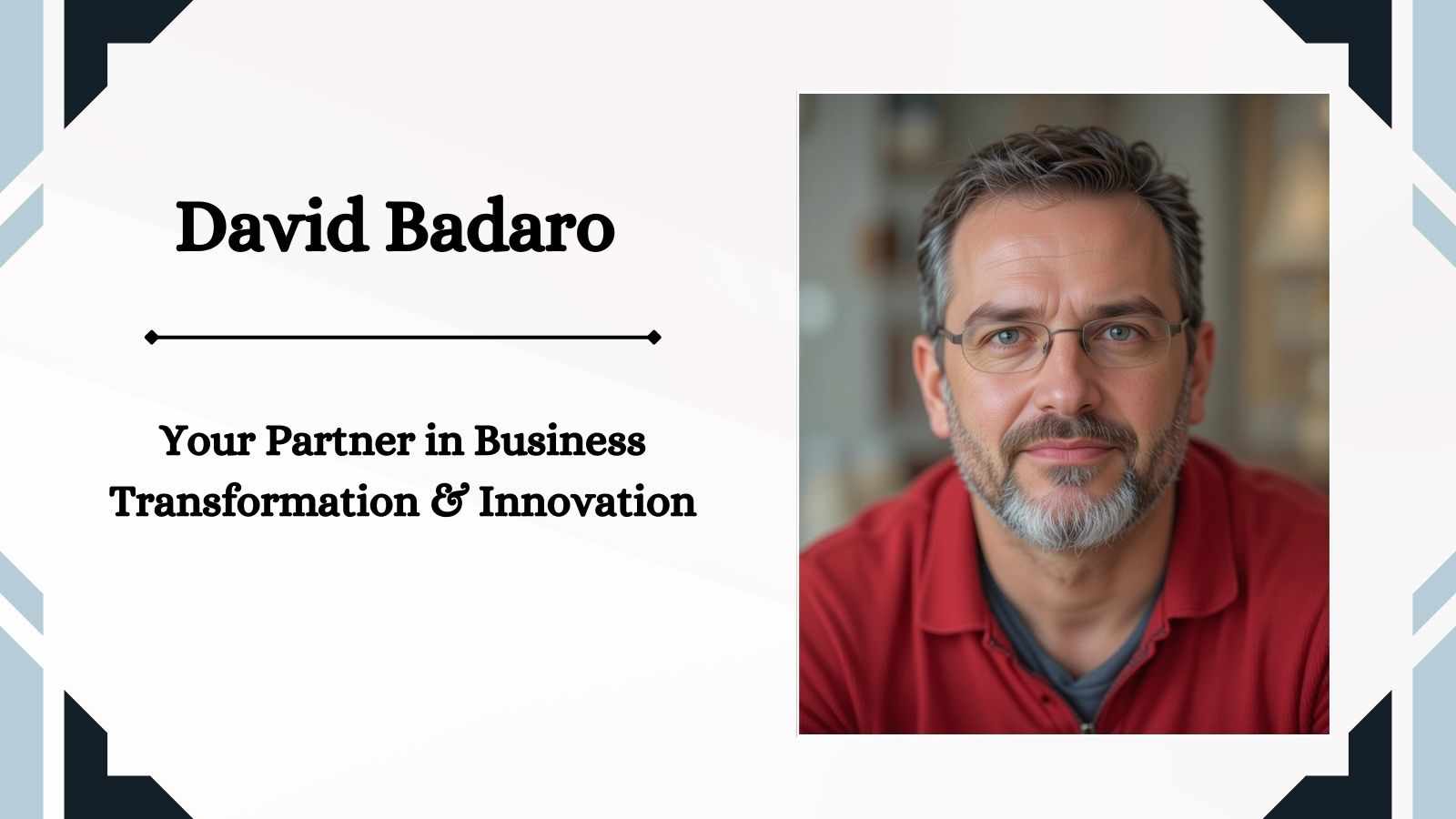


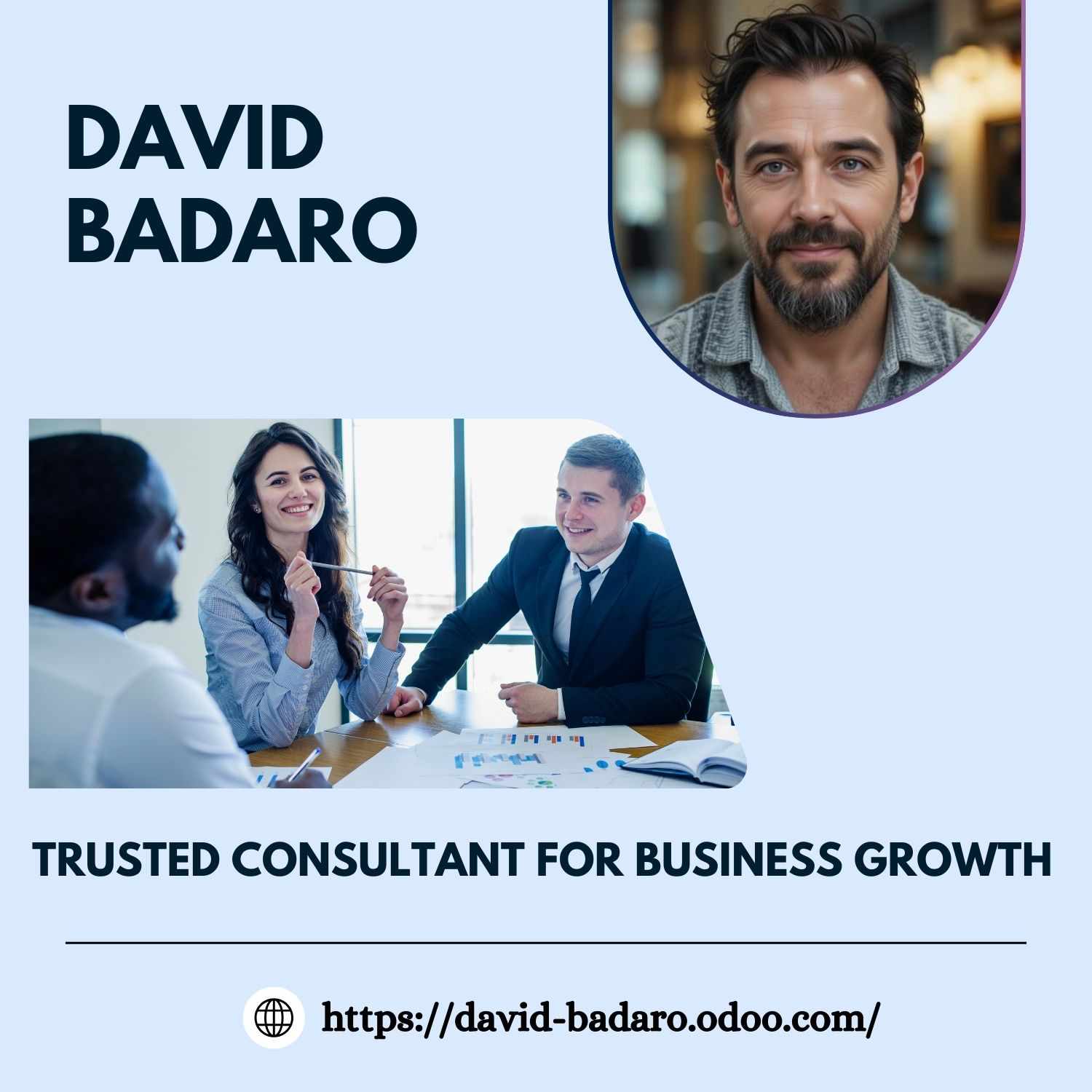
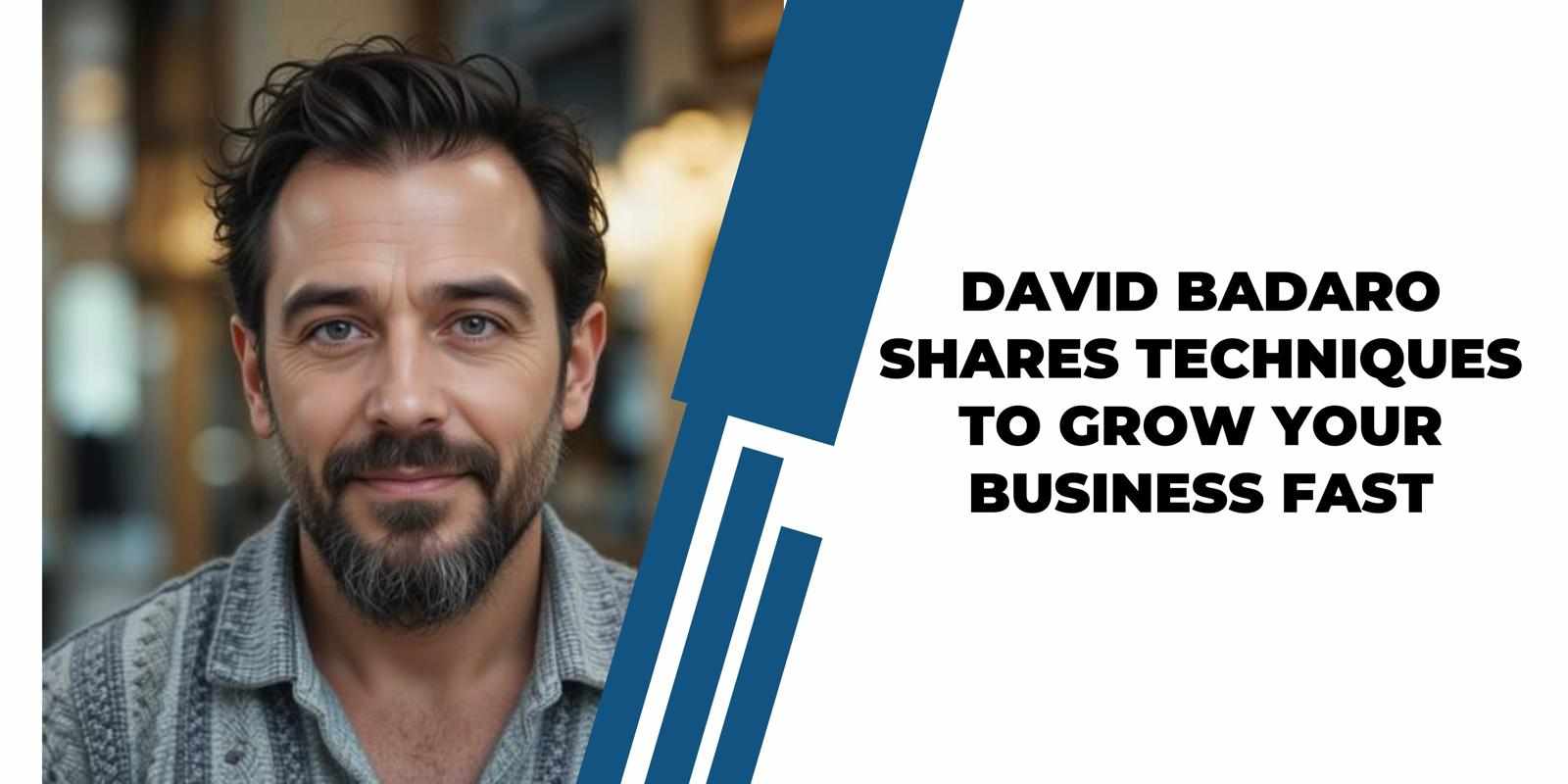




Write a comment ...